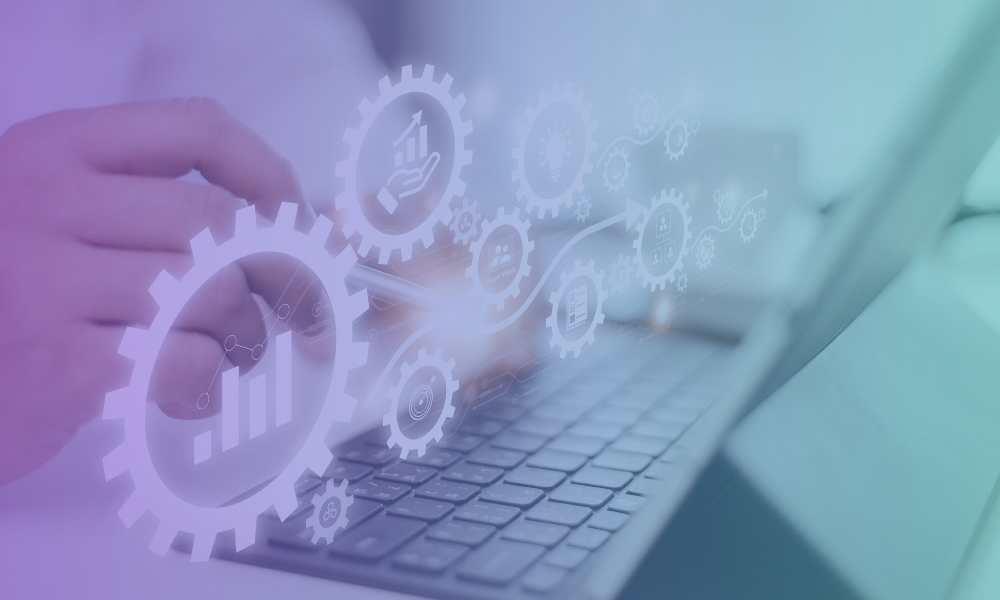by Team Avista
Share
by Team Avista
Share

On average, 65% of sales opportunities for B2B Software companies are competitive, which means your sales teams need accurate competitor information to inform their battlecards and turn those opportunities into customers. The best way to stay ahead is by studying what your competition does well and where they could improve. This intelligence informs business decisions. But what, where and how should you collect this investigative information?
Competitive Intelligence for B2B
Competitive intelligence involves gathering information about the businesses you compete with, their products, services and customer sentiment. This information will help you better understand your position in the industry so you can make adjustments or leverage your solution.
The How: Gathering The Information
Gathering information can be as basic as a Google search for a competitor or as extensive as legally obtained detailed information about which pages and keywords are doing well on competitor websites, industry trends, customer product reviews and the social media presence of competing companies. When analyzed, the data gathered can inform decisions that lead to improved customer experience and optimized marketing and product development.
The What: Tactical and Strategic Competitive Intelligence Use
Good competitive intelligence will include both tactical and strategic. Tactical competitive intelligence includes information gained to inform immediate actions in response to competitor moves. Strategic competitive intelligence involves information used to determine the direction and long-term success of the company.
The Where: Types of Competitive Intelligence
There are four areas of intelligence within competitive intelligence. These areas can inform company decisions regardless of whether they are tactical or strategic.
- Market Intelligence: includes all information gathered about the market. It focuses on the external environment of a business. It is mainly used to inform strategic decision-making.
- Product Intelligence: delves into the lifecycle of company products and how they compare to competitor products. It often includes product development, features, pricing and performance.
- Customer Intelligence: looks at customer needs, preferences, behaviors and satisfaction. These could be your customers or your competitors.
- Competitor Intelligence: an in-depth look at competitor strategies, strengths, weaknesses and market position.
How Competitive Intelligence Informs B2B Decisions
Competitive intelligence informs B2B decisions through the analysis of the data gathered. The data analysis often proves most beneficial for sales, marketing and product development teams.
The Advantage of Sales & Marketing Team Alignment
Analysis of competitive intelligence can provide insights into your customers’ interests, messaging that leads them to the purchase and a comprehensive view of their buyer journey. These metrics can inform sales and marketing strategies and improve customer service, making aligning your sales and marketing goals with the competitive intelligence gleaned by your marketing team vital. 55% of top-performing marketers in the 2024 Content Marketing Insitute survey attributed some of their B2B content marketing success to collaboration across teams. It makes sense that marketing and sales teams that are on the same page perform better, and having competitive intelligence to inform those decisions makes these collaborations even more powerful.
Supporting Product Teams With Competitive Intelligence
Another area that is significantly impacted by competitive intelligence is product development. The insights from this data, specifically product intelligence, will inform product teams of competitor products, their pros and cons and how your products compare. A Forbes Industrial Internet Insights report found that 73% of the companies survayed invested 20% of their overall technology budget on Big Data analytics in 2014, and 76% of executives expected these spending levels to increase, suggesting that research is key to determining tech innovation and company direction.
Risks of B2B Competitive Intelligence
When gathering and interpreting B2B competitive intelligence, it’s imperative that you ethically gather and accurately interpret your findings. If you don’t, you can get into a lot of trouble or make poor business decisions based on misinterpretations.
One way to mitigate these risks is by combining platforms that perform legal competitive intelligence with professionals who have experience looking through this data and accurately deciphering what it means for competitors. A few platforms known for compelling competitive intelligence-gathering features include Ahrefs, SEMrush, Moz and Meltwater. Combining one of these platforms with a PR partner like Avista, with experience helping B2B technology companies stand out, will set you up for the best chance to make your business stand above the competition in your industry.
Related Posts:
B2B Lead Generation’s Influence On Producing Better Company Results
STAY IN THE LOOP




